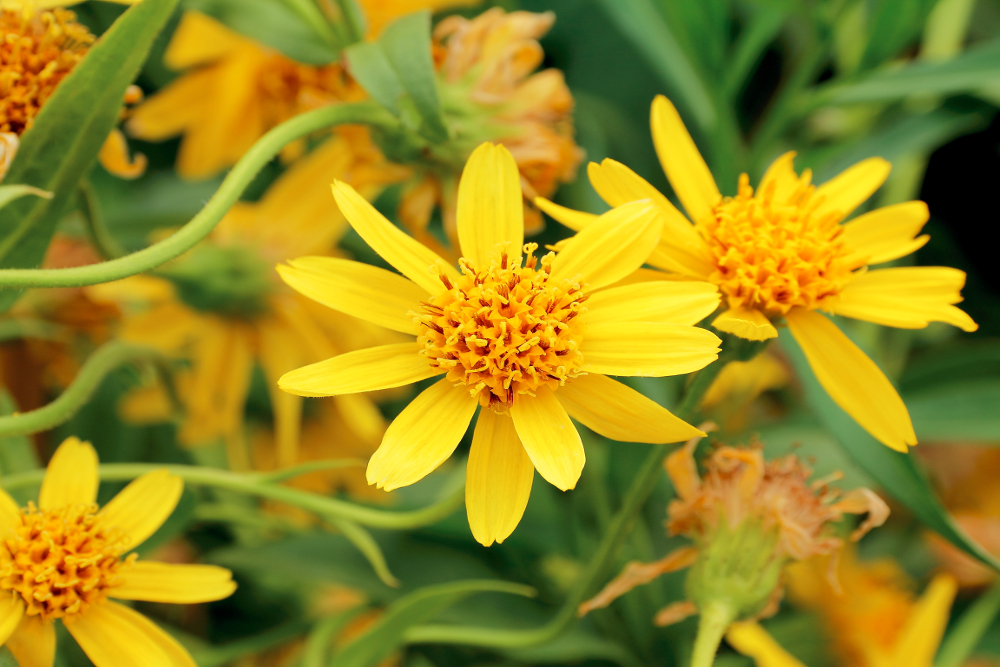
Herbal Oil: Arnica Oil Benefits and Uses
Arnica oil is becoming popular for its pain-relieving and health-promoting properties. It's a wonderful addition to your alternative first aid kit, especially if you're prone to exercise-related injuries, such as bruises or sprains. Keep on reading to learn more about arnica oil.
August 18, 2016 | Source: Mercola | by Dr. Joseph Mercola
Arnica oil is becoming popular for its pain-relieving and health-promoting properties. It's a wonderful addition to your alternative first aid kit, especially if you're prone to exercise-related injuries, such as bruises or sprains. Keep on reading to learn more about arnica oil.
What Is Arnica Oil?
Arnica refers to a clan of flowering perennial plants from the daisy family (Compositae) that's native to Europe and Siberia but also grows in North America, especially in mountainous regions.
It is well-known for its use in natural medicine and is recognizable through its flowers, which have yellow petals and an orange center. Arnica grows between 1 to 2 feet high, with one to three flower blossoms per plant.1
There are several species of arnica, but the most famous is Arnica montana, also known as Leopard's Bane, Mountain Tobacco and Wolf's Bane. This alpine plant grows in meadows up to 3,000 feet above sea level.
The higher the altitude, the more aromatic the flowers become.2 Arnica montana blossoms are used to make arnica oil, an aromatic, yellow essential oil.3
Uses of Arnica Oil
Arnica flowers and roots have been used for hundreds of years as an herbal medicine. It was said that the German poet and philosopher Goethe consumed arnica tea to relieve chest pain.
Smoking the leaves was also a popular therapeutic practice.4 Today, though, great caution is advised when using arnica, especially in its pure essential oil form.
Arnica oil is used in perfumes and some cosmetic products, such as anti-dandruff lotions and hair tonics.5 Aside from arnica oil, arnica pellets, topical gels and creams are also available today.6,7
However, its diluted form can help reduce swelling, protect against infections and relieve pain.8
Many professional athletes today even use a topical homeopathic preparation of arnica oil as first aid relief for sports- or exercise-related pain or injury.
